Home>Garden Essentials>How To Make Fake Grass Smell Better
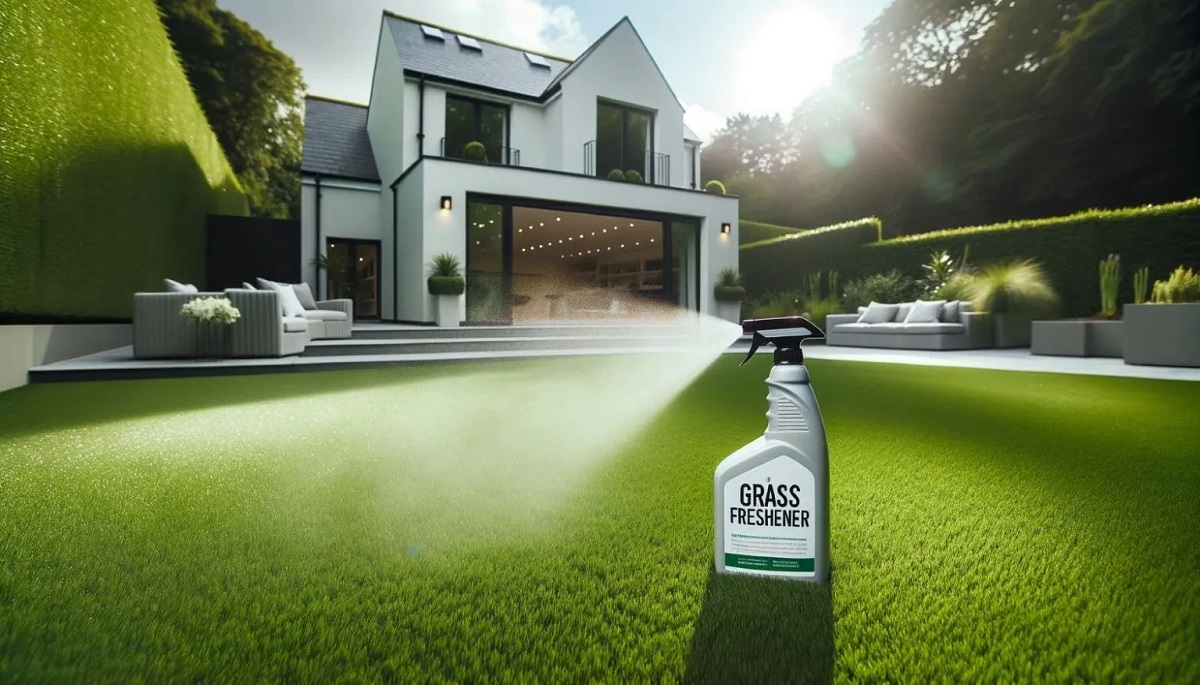

Garden Essentials
How To Make Fake Grass Smell Better
Modified: October 18, 2024
Improve the scent of your garden with simple tips and tricks on how to make fake grass smell better. Transform your outdoor space with a refreshing aroma that enhances your garden experience.
(Many of the links in this article redirect to a specific reviewed product. Your purchase of these products through affiliate links helps to generate commission for Storables.com, at no extra cost. Learn more)
Introduction
Artificial grass has gained immense popularity among homeowners and businesses for its low maintenance and lush appearance. However, one common drawback that many people face is the unpleasant smell that can emanate from fake grass. This odor can be off-putting and make spending time in your garden or outdoor space less enjoyable.
The good news is that there are several effective solutions to help make your fake grass smell better. In this article, we will explore the reasons behind the bad odor, common odor problems associated with fake grass, and natural and commercial remedies to tackle the issue. By implementing these strategies, you can transform your synthetic lawn into a refreshing and pleasant outdoor space.
Key Takeaways:
- Keep your fake grass smelling fresh by regularly cleaning, using natural remedies like baking soda and vinegar, and considering organic odor neutralizers. Prevention is key to maintaining a pleasant outdoor space.
- Address pet waste promptly, ensure proper drainage, and use natural solutions like lemon juice and essential oils to combat odors. Consider artificial grass cleaners for targeted odor elimination.
Read more: Why Is Real Grass Better Than Fake Grass
Why Does Fake Grass Smell Bad?
Fake grass is made from synthetic materials such as polyethylene and polypropylene, which are designed to resemble natural grass. While these materials offer the benefit of durability and low maintenance, they can sometimes emit an unpleasant smell due to various factors.
One of the main reasons for the bad odor is the accumulation of organic matter on the surface of the fake grass. Dust, dirt, leaves, and other debris can settle on the surface and create a breeding ground for bacteria. As these organic materials decompose, they release unpleasant odors.
In addition, inadequate drainage can contribute to the odor problem. If water is not properly drained or if the grass does not have proper ventilation, it can become a breeding ground for mold and mildew. These fungi release a musty smell that can permeate the area.
Furthermore, the heat absorbed by fake grass can also cause the release of odors. Prolonged exposure to direct sunlight and high temperatures can cause the synthetic materials to emit a chemical smell.
It is important to note that new fake grass installations may also have a lingering smell due to the manufacturing process and the materials used. This smell, often described as “new carpet smell,” is temporary and will dissipate over time.
Understanding the reasons behind the bad odor is crucial in finding effective solutions to make your fake grass smell better. By addressing these underlying issues, you can eliminate the unpleasant smells and enjoy a fresh and inviting outdoor space.
Common Odor Problems with Fake Grass
When it comes to fake grass, there are several common odor problems that people often encounter. These issues can vary in intensity and may require different solutions to effectively eliminate the bad smells. Let’s take a look at some of the most common odor problems associated with fake grass:
- Pet Urine Odor: If you have pets, chances are they will use the fake grass as their designated bathroom area. Over time, pet urine can accumulate and create a strong ammonia-like odor. This can be particularly challenging to get rid of, requiring specific measures to neutralize the odor.
- Mold and Mildew: Insufficient drainage or poor ventilation can lead to the growth of mold and mildew on fake grass. These fungi thrive in moist environments and emit a musty odor. Not only can the smell be unpleasant, but mold and mildew can also pose a health risk and should be addressed promptly.
- Organic Matter Buildup: Leaves, twigs, dust, and other debris can accumulate on the surface of fake grass. As these organic materials decompose, they release odors that can be quite unpleasant. Regular cleaning and maintenance can help prevent the buildup of organic matter and mitigate the odor problem.
- Chemical Odors: New installations might have a lingering chemical smell due to the manufacturing process and synthetic materials used. This smell is often temporary and will dissipate over time. However, if the chemical odor persists or is extremely strong, it is advisable to contact the manufacturer for further guidance.
- Poor Drainage: If fake grass does not have proper drainage or if water is unable to flow through the surface, it can result in stagnant water and a foul smell. Addressing drainage issues is essential to prevent the buildup of water and subsequent odors.
These common odor problems can make spending time on your fake grass less enjoyable. However, with the right solutions and proactive maintenance, you can effectively tackle these issues and ensure that your artificial lawn remains fresh and odor-free.
Precautions before Applying Any Solution
Before applying any solution to make your fake grass smell better, it is important to take some precautions to ensure the safety of your lawn and the surrounding environment. Here are some key considerations to keep in mind:
- Check the Manufacturer’s Guidelines: Different types of fake grass may have specific care instructions provided by the manufacturer. It is essential to read and follow these guidelines to avoid any potential damage to the synthetic fibers.
- Test Solutions on a Small Area: Before applying any solution to the entire fake grass area, it is advisable to test it on a small, inconspicuous spot. This will help you determine if the solution is suitable for your specific type of fake grass and whether it causes any discoloration or damage.
- Avoid Chemicals Harmful to Grass: While some commercial products or DIY solutions can be effective in eliminating odors, be cautious of using harsh chemicals that may damage the grass fibers. Opt for gentle and eco-friendly alternatives to ensure the longevity of your fake grass.
- Consider Environmental Impact: When choosing a solution, take into account its impact on the environment. Opt for natural and biodegradable options whenever possible to minimize any harm to plants, animals, and water sources.
- Follow Proper Dilution Ratios: If using a commercial product or creating your own solution, make sure to follow the recommended dilution ratios. Using solutions that are too concentrated can potentially harm the grass or cause discoloration.
- Avoid Overuse of Odor Masking Agents: While it may be tempting to simply mask the odor with strong fragrances, it is best to address the underlying cause of the smell. Overusing masking agents can create an overpowering scent or cause allergic reactions.
- Consult a Professional if Needed: If you are unsure about the appropriate solutions or if the odor problem persists despite your efforts, it may be helpful to consult an artificial grass professional or contact the manufacturer for expert advice.
By taking these precautions, you can effectively address the odor issues while ensuring the safety and longevity of your fake grass. Remember that regular maintenance and proactive care are key to keeping your artificial lawn fresh and pleasant-smelling.
Natural Ways to Make Fake Grass Smell Better
If you prefer natural and eco-friendly solutions, there are several options available to make your fake grass smell better. These methods are not only effective in eliminating odors, but they also promote a healthy and fresh outdoor environment. Here are some natural ways to tackle the odor problem:
- Regular Cleaning and Maintenance: The first step in eliminating odors is to regularly clean and maintain your fake grass. Remove any visible debris, such as leaves and twigs, and use a soft-bristle brush to sweep away dirt and dust. This will prevent the buildup of organic matter and help maintain a fresh-smelling lawn.
- Proper Drainage and Aeration: Ensuring proper drainage and aeration is crucial in preventing the growth of mold and mildew. To improve drainage, you can use a stiff broom to brush the grass in the opposite direction to loosen any compacted areas. This will allow water to flow freely through the grass and minimize the risk of stagnant water and foul odors.
- Use Baking Soda to Neutralize Odors: Baking soda is a natural deodorizer that can help neutralize unpleasant smells. Sprinkle baking soda liberally over the fake grass surface and let it sit for a few hours before thoroughly rinsing it with water. This will help eliminate odors and leave your lawn smelling fresh.
- Sprinkle Vinegar Solution: Vinegar is another effective natural remedy for eliminating odors. Mix equal parts white vinegar and water in a spray bottle and generously spritz the solution over the fake grass. Allow it to sit for a few minutes and then rinse it off with clean water. Vinegar helps to neutralize the odor-causing bacteria and leaves behind a clean scent.
- Lemon Juice Mixture for a Fresh Scent: Lemons contain natural disinfectant and deodorizing properties. Squeeze the juice of several lemons into a bucket of water and use a watering can or spray bottle to apply the mixture to your fake grass. The fresh scent of lemons will help mask any unpleasant odors and keep your lawn smelling delightful.
- Essential Oils for a Pleasant Fragrance: Essential oils not only add a pleasant fragrance but also have antimicrobial properties that can combat odor-causing bacteria. Dilute a few drops of your favorite essential oil, such as lavender or citrus, in water and spray it over your fake grass. This will instantly uplift the scent of your outdoor space.
By incorporating these natural remedies into your fake grass maintenance routine, you can effectively combat unpleasant odors and create a refreshing and inviting outdoor environment. Remember to test any solution on a small area before applying it to the entire lawn and always follow the manufacturer’s guidelines for optimal results.
Read more: How To Make Fake Grass
Regular Cleaning and Maintenance
Regular cleaning and maintenance of your fake grass is essential for keeping it smelling fresh and free from unpleasant odors. Here are some important steps to incorporate into your maintenance routine:
- Remove Visible Debris: Start by removing any visible debris, such as leaves, twigs, and other natural matter that may have accumulated on the surface. Use a leaf blower, rake, or a soft-bristle brush to carefully sweep away the debris.
- Brush the Grass: After removing the visible debris, use a stiff-bristle brush to gently brush the grass blades in different directions. This helps to remove any embedded dirt and fluffs up the grass, giving it a more natural appearance.
- Spot Cleaning: If you notice any stains or spills on your fake grass, it is important to address them promptly. Use a mild detergent mixed with water to gently scrub the affected area. Rinse thoroughly with clean water to ensure no detergent residue is left behind.
- Address Pet Waste: If you have pets, make sure to promptly remove any feces from the fake grass. Scoop up solid waste and dispose of it properly. For liquid waste, hose down the area to dilute and rinse away any residue. Regularly follow a pet waste management routine to minimize odors.
- Avoid Chemicals: When cleaning your fake grass, avoid using harsh chemicals or cleaners that can damage the grass fibers. Opt for mild, eco-friendly detergents or natural cleaning solutions to ensure the longevity and integrity of your artificial lawn.
- Rinse with Water: After cleaning and spot treating, thoroughly rinse the entire faux grass area with water. This will help remove any residue, chemicals, or cleaning solutions, leaving your lawn fresh and clean.
- Regular Grooming: Grooming your fake grass periodically is important for its overall maintenance. Use a stiff broom or brush to fluff up the fibers and ensure an even and neat appearance. This also helps improve the airflow and prevent the buildup of debris and odors.
Cleaning and maintaining your fake grass regularly will not only keep it looking its best but also prevent the accumulation of organic matter that can cause unpleasant odors. By incorporating these simple steps into your routine, you can enjoy a fresh and inviting outdoor space for years to come.
Proper Drainage and Aeration
Ensuring proper drainage and aeration is crucial for maintaining the health and odor-free condition of your fake grass. Here are some important steps to follow:
- Check the Drainage System: Examine the drainage system of your fake grass to ensure that water can flow freely through the surface. Clear any debris or blockages that may be obstructing the drainage holes or channels.
- Improve Soil Base: If your fake grass is installed on a soil base, make sure it is properly prepared to enhance drainage. The soil should be compacted and leveled to prevent water from collecting on the surface. Additionally, consider adding a layer of sand or gravel to further improve drainage capabilities.
- Install Proper Underlayment: If your fake grass is installed on a solid surface like concrete, make sure to install an appropriate underlayment. The underlayment should have perforations or small gaps to allow for proper drainage.
- Promote Aeration: Regularly aerating your fake grass helps to prevent the accumulation of moisture and the growth of mold and mildew. Use a garden fork or an aerating tool to create small holes in the surface, allowing for better airflow and water drainage.
- Brush the Grass Against the Grain: To further improve aeration, use a stiff-bristle brush to periodically brush the grass against the grain. This helps to lift the turf and separate the fibers, ensuring better air circulation and reducing the risk of stagnant water and moisture buildup.
- Address Low Spots: If you notice any low spots or areas where water tends to pool on your fake grass, take steps to level them. Fill in the low spots with a mixture of sand and topsoil, compacting it gently to provide a more even surface for water to drain properly.
- Monitor Irrigation: If you have an irrigation system for your outdoor space, ensure that it is properly programmed and adjusted to prevent overwatering. Excessive water can lead to poor drainage and create the ideal conditions for odor-causing bacteria and fungi to thrive.
By ensuring proper drainage and aeration of your fake grass, you can effectively prevent the buildup of stagnant water and reduce the risk of mold, mildew, and foul odors. Regular maintenance and attention to these factors will help keep your artificial lawn fresh, clean, and enjoyable for years to come.
Use Baking Soda to Neutralize Odors
Baking soda is a natural and effective solution for neutralizing odors on fake grass. It helps to absorb and eliminate unpleasant smells, leaving your lawn smelling fresh and clean. Here’s how you can use baking soda to tackle the odor problem:
- Sprinkle Baking Soda: Start by sprinkling a generous amount of baking soda over the surface of your fake grass. Focus on areas where odors are more concentrated or where you have noticed the presence of pet stains.
- Spread the Baking Soda: Use a soft-bristle brush or a broom to gently spread the baking soda evenly across the grass. This will ensure that the baking soda reaches all parts of the lawn for maximum effectiveness.
- Let it Sit: Allow the baking soda to sit for a few hours or overnight. During this time, the baking soda will absorb the odors and neutralize them naturally.
- Rinse with Water: After the baking soda has had sufficient time to work its magic, thoroughly rinse your fake grass with water. Use a garden hose or a sprinkler to ensure that all the baking soda is washed away.
- Repeat if Necessary: Depending on the severity of the odor, you may need to repeat the process multiple times to completely eliminate the smell. If needed, reapply the baking soda and allow it to sit again before rinsing with water.
- Maintenance Application: To prevent future odors and maintain a fresh-smelling lawn, you can regularly sprinkle a small amount of baking soda on your fake grass. This can be done every few weeks or as needed, especially in areas prone to odors or pet usage.
Baking soda is a safe and non-toxic solution that is widely available and inexpensive. It effectively absorbs odors without leaving any harmful residue on your artificial lawn. By incorporating baking soda into your maintenance routine, you can keep your fake grass smelling clean and enjoyable for everyone to enjoy.
To make fake grass smell better, sprinkle baking soda over the surface and let it sit for 15-20 minutes. Then, use a broom to spread it evenly and let it sit for another 15-20 minutes before vacuuming it up. This will help eliminate any unpleasant odors.
Sprinkle Vinegar Solution
Vinegar is a versatile household ingredient that can be used to effectively eliminate odors on fake grass. Its acidic properties help neutralize the odor-causing bacteria, leaving your lawn smelling fresh and clean. Here’s how you can use a vinegar solution to tackle the odor problem:
- Create the Vinegar Solution: In a spray bottle, mix equal parts of white vinegar and water to create a vinegar solution. This dilution helps prevent any potential damage to the fake grass while still being effective in eliminating odors.
- Spray the Solution: Generously spray the vinegar solution over the surface of your fake grass, focusing on areas with strong odors or pet stains. Make sure to cover the entire lawn for maximum effectiveness.
- Allow it to Sit: Let the vinegar solution sit on the grass for about 15-30 minutes. This gives the vinegar enough time to neutralize the odors and disinfect the surface.
- Rinse with Water: After the vinegar solution has had time to work, thoroughly rinse your fake grass with clean water. Use a garden hose or a sprinkler to ensure that all the vinegar is washed away.
- Repeat if Necessary: Depending on the severity of the odor, you may need to repeat the process to completely eliminate the smell. For persistent odors, you can reapply the vinegar solution and allow it to sit for a longer duration.
- Maintenance Application: To prevent future odors and maintain a fresh-smelling lawn, you can periodically spray a mild vinegar solution on your fake grass. This can be done every few weeks or as needed, especially in areas prone to odors or pet usage.
It is important to note that while vinegar is safe for use on fake grass, excessive use might cause slight discoloration. Therefore, it is always advisable to test the vinegar solution on a small, inconspicuous area of the grass before applying it to the entire lawn.
Vinegar is a natural and affordable solution that effectively eliminates odors without leaving behind harmful chemicals or residues. By using a vinegar solution as part of your fake grass maintenance routine, you can enjoy a fresh and pleasant-smelling lawn year-round.
Read more: How To Make Feather Pillows Smell Better
Lemon Juice Mixture for a Fresh Scent
Lemons are not only known for their refreshing scent but also for their natural cleaning and deodorizing properties. Using a lemon juice mixture is a fantastic way to add a fresh scent to your fake grass while effectively neutralizing odors. Here’s how you can use lemon juice to make your lawn smell delightful:
- Squeeze Fresh Lemons: Start by squeezing the juice of several lemons into a bucket or container. The quantity of lemons will depend on the size of your lawn and the intensity of the odor.
- Mix with Water: Dilute the lemon juice by adding water to the bucket. The ratio of lemon juice to water can vary, but a 1:1 mixture usually works well. Adjust the amount of water based on your preference and the strength of the odor.
- Transfer to a Sprayer: Pour the lemon juice mixture into a spray bottle or a garden sprayer for easy application.
- Spray the Mixture: Generously spray the lemon juice mixture over the surface of your fake grass. Make sure to cover the entire lawn, paying extra attention to areas with strong odors or pet stains.
- Allow it to Sit: Let the lemon juice mixture sit on the grass for approximately 15 minutes. During this time, the natural citrus properties will work to neutralize odors and leave behind a fresh and pleasant scent.
- Rinse with Water: After the lemon juice mixture has had sufficient time to work, thoroughly rinse your fake grass with clean water. Use a garden hose or a sprinkler to ensure that all the lemon juice is rinsed off.
- Repeat if Desired: If you desire a stronger lemon fragrance or if the odor persists, you can repeat the process as needed. Modify the concentration of the lemon juice mixture to achieve your desired scent.
Using a lemon juice mixture provides a natural and delightful fragrance for your fake grass while effectively eliminating odors. Lemons are safe to use and do not pose any harm to the environment or your lawn. Incorporate this refreshing solution into your maintenance routine to enjoy a fresh-smelling outdoor space.
Essential Oils for a Pleasant Fragrance
Essential oils not only offer a delightful fragrance but also possess natural antimicrobial properties that can help combat odors on fake grass. Using essential oils is an effective and aromatic way to make your lawn smell pleasant and inviting. Here’s how you can incorporate essential oils to enhance the scent of your fake grass:
- Choose Your Preferred Essential Oil: Select an essential oil or a combination of oils that you enjoy. Popular options for fresh scents include lavender, eucalyptus, peppermint, citrus, or tea tree oil. Make sure to choose high-quality, pure essential oils for the best results.
- Dilute the Essential Oil: Essential oils are highly concentrated and need to be diluted before use. In a small bowl, mix a few drops of the essential oil with water or a carrier oil such as coconut oil or almond oil. The ratio will depend on the potency of the oil and your personal preference.
- Transfer to a Sprayer: Once the essential oil is diluted, pour it into a spray bottle or a garden sprayer for easy application. This will allow you to evenly distribute the fragrance over your fake grass.
- Spray the Mixture: Generously spray the diluted essential oil mixture on the surface of your fake grass. Ensure that you cover the entire lawn, paying extra attention to areas where odors may be stronger.
- Allow it to Absorb: Let the essential oil mixture absorb into the grass for about 15-30 minutes. During this time, the fragrance will disperse and linger, leaving your lawn with a pleasant smell.
- Enjoy the Aromatic Scent: Once the essential oil mixture has had time to work its magic, you can enjoy the aromatic scent in your outdoor space. The fragrance will uplift your mood and create a fresh and inviting atmosphere.
- Reapply as Desired: If the scent begins to fade or if you want to refresh your fake grass with a new fragrance, simply reapply the diluted essential oil mixture. Adjust the concentration of the oil and water/carrier oil to achieve your desired scent strength.
Using essential oils provides a natural and pleasant fragrance for your fake grass without resorting to harsh chemicals. These oils not only mask odors but also contribute to a calming and soothing environment. Experiment with different essential oil blends and enjoy the aromatic experience of your outdoor space.
Commercial Products to Improve Fake Grass Odor
If natural remedies are not providing the desired results, or if you prefer a convenient and ready-to-use solution, there are several commercial products available that are specifically designed to improve fake grass odor. These products are formulated to effectively eliminate odors and leave your lawn smelling fresh and pleasant. Here are two popular types of commercial products to consider:
- Artificial Grass Cleaner: Artificial grass cleaners are specifically formulated to target and eliminate odors associated with fake grass. These products often contain enzymatic formulas that break down organic matter and neutralize odor-causing bacteria. Follow the instructions provided on the product label for proper application and use. Apply the cleaner as directed, typically by diluting it with water and spraying it onto the affected areas. Thoroughly rinse the grass after the designated contact time to remove any residue. Artificial grass cleaners are available in various brands and can be found online or at gardening supply stores.
- Organic Odor Neutralizers: Organic odor neutralizers are another option to consider. These products are typically made from natural ingredients and harness the power of beneficial microbes to eliminate odors. The microbes feed on organic matter, breaking it down and neutralizing the associated odors. Apply the organic odor neutralizer as instructed on the product label. Generally, you will dilute the product with water and spray it over the fake grass. Let it sit for the recommended duration before rinsing it off with water. Organic odor neutralizers are available in various brands and can be found in specialty stores or online.
When selecting commercial products for improving fake grass odor, it’s essential to choose those that are safe for use on synthetic turf and the surrounding environment. Read the product labels carefully, and follow the instructions provided by the manufacturer. It is also advisable to test the product on a small, inconspicuous area of your fake grass before applying it to the entire lawn.
By utilizing commercial products specifically designed to improve fake grass odor, you can effectively tackle persistent odors and enjoy a pleasant-smelling outdoor space with minimal effort.
Artificial Grass Cleaner
Artificial grass cleaners are specialized products designed to tackle the specific odor problems associated with fake grass. These cleaners are formulated to target and eliminate odors, leaving your lawn smelling fresh and clean. Here’s how artificial grass cleaners can help improve the odor of your fake grass:
- Enzymatic Formulas: Artificial grass cleaners often contain enzymatic formulas that are effective in breaking down organic matter and neutralizing odor-causing bacteria. These enzymes work by digesting the organic compounds that contribute to the unpleasant smells.
- Specifically Targeted Odor Elimination: Artificial grass cleaners are designed to specifically target the odors associated with fake grass, such as pet urine, mold and mildew, and general organic matter buildup. They are formulated to address these specific odor problems at their source.
- Easy Application: Most artificial grass cleaners are easy to use. They are typically applied by diluting the cleaner with water and spraying it onto the affected areas of the grass. Follow the instructions provided on the product label for the recommended dilution ratios and application methods.
- Rinsing Off: After the artificial grass cleaner has been applied, it is important to thoroughly rinse the grass with water. This will help remove any residue and ensure that the cleaner does not leave behind any harmful chemicals or residues on your synthetic lawn.
- Effective Results: Artificial grass cleaners are specifically formulated to provide effective odor elimination on fake grass. When used as directed, they can successfully neutralize odors and restore a fresh scent to your outdoor space.
- Availability: Artificial grass cleaners can be found in various brands and are readily available online or at gardening and landscaping supply stores. Look for reputable brands that specialize in artificial grass care and maintenance.
Artificial grass cleaners offer a convenient and targeted solution to improve the odor of your fake grass. They are designed to remove the sources of odors and provide a fresh and pleasant scent to your outdoor environment. When using any artificial grass cleaner, it’s essential to carefully follow the instructions provided by the manufacturer and test the product on a small area before applying it to the entire lawn. This will help ensure optimal results and avoid any potential damage to your synthetic turf.
Read more: How To Make Fake Rocks For Landscaping
Organic Odor Neutralizers
Organic odor neutralizers are a natural and eco-friendly option for improving the odor of your fake grass. These products harness the power of beneficial microbes and natural ingredients to effectively neutralize odors and create a fresh and pleasant-smelling outdoor environment. Here’s how organic odor neutralizers can help improve the odor of your fake grass:
- Natural Ingredients: Organic odor neutralizers are typically made from natural ingredients, such as plant extracts and essential oils. These ingredients have odor-neutralizing properties and help eliminate unpleasant smells without the use of harsh chemicals.
- Beneficial Microbes: Many organic odor neutralizers contain beneficial microbes that work to break down organic matter and eliminate the sources of odors. These microbes consume the organic compounds that contribute to the unpleasant smells, effectively neutralizing the odors at their source.
- Safe and Environmentally Friendly: Organic odor neutralizers are safe for use on synthetic turf and the surrounding environment. They do not pose any harm to plants, animals, or water sources, making them an eco-friendly choice for improving fake grass odor.
- Easy Application: Applying organic odor neutralizers is typically a straightforward process. The product is usually diluted with water and then sprayed or poured directly onto the fake grass. Follow the instructions provided on the product label for the recommended dilution ratios and application methods.
- Effective Odor Elimination: When used as directed, organic odor neutralizers effectively neutralize odors and leave your fake grass with a fresh and pleasant fragrance. They are designed to target and eliminate the specific odors associated with fake grass, such as pet urine, mold and mildew, and organic matter buildup.
- Availability: Organic odor neutralizers can be found in various brands and are available in specialty stores or online. Look for products that are specifically formulated for artificial grass and have positive customer reviews.
Organic odor neutralizers offer a safe and natural solution for improving the odor of fake grass. They work by targeting the sources of odors and breaking them down, leaving your outdoor space smelling fresh and clean. Remember to carefully follow the instructions provided by the manufacturer and test the product on a small area before applying it to the entire lawn to ensure optimal results and compatibility with your synthetic turf.
Tips to Prevent Future Odor Issues
Prevention is key when it comes to avoiding future odor issues with your fake grass. By implementing a few simple tips and practices, you can keep your lawn smelling fresh and enjoyable. Here are some preventive measures to consider:
- Regular Cleaning and Maintenance: Make regular cleaning and maintenance a priority for your fake grass. Remove debris, such as leaves and twigs, on a regular basis. Use a soft-bristle brush to sweep away dirt and dust. Keeping the surface clean and free from organic matter will minimize the likelihood of odors developing.
- Pet Waste Management: If you have pets, promptly clean up their waste from the fake grass. Scoop up solid waste and dispose of it properly. Rinse away any liquid waste with water to dilute and remove any residue. Following a proper pet waste management routine will help prevent odor buildup.
- Proper Drainage and Ventilation: Ensure that your fake grass has proper drainage and ventilation. Adequate drainage will prevent stagnant water from accumulating and creating foul odors. Regularly check and clear any blockages in the drainage system. Additionally, promote airflow by periodically brushing the grass against the grain and creating small holes for aeration.
- Address Moisture Issues: Moisture can contribute to odor problems, particularly mold and mildew growth. Check for areas where water may be pooling or not draining properly. Level any low spots where water may collect. Monitor your irrigation system to ensure it is not overwatering the lawn.
- Use Absorbent Materials: To prevent pet urine odors, consider using absorbent materials on top of the fake grass. Products like artificial grass infill or pet-friendly absorbent pads can help absorb and control odor-causing substances.
- Regular Grooming: Regularly groom your fake grass by brushing it against the grain. This helps to remove debris and fluff up the fibers, promoting better airflow and reducing the risk of odor buildup.
- Minimize Harsh Chemicals: Avoid using harsh chemicals or cleaners on your synthetic lawn, as they can damage the grass fibers and potentially contribute to odors. Opt for mild, eco-friendly detergents or natural cleaning solutions when necessary.
- Monitor and Address Odors Promptly: Stay vigilant and address any odors promptly. Investigate and identify the source of the odor to take appropriate action. Whether it’s cleaning pet waste, removing debris, or applying natural or commercial solutions, addressing odors early can prevent them from becoming persistent problems.
By following these tips and incorporating them into your fake grass maintenance routine, you can minimize the risk of future odor issues and enjoy a consistently fresh-smelling outdoor space. Regular upkeep and preventive measures are key to keeping your synthetic lawn odor-free for a pleasant and inviting atmosphere.
Conclusion
Fake grass provides a low-maintenance and aesthetically pleasing alternative to natural grass. However, dealing with unpleasant odors can detract from the enjoyment of your outdoor space. Fortunately, there are several effective solutions to make your fake grass smell better.
From natural remedies to commercial products, you have a range of options to tackle odor issues. Regular cleaning and maintenance, proper drainage and aeration, and the use of baking soda, vinegar, lemon juice, and essential oils are natural ways to neutralize odors and freshen up your lawn. Artificial grass cleaners and organic odor neutralizers also offer targeted solutions that are specifically designed to combat odor problems associated with fake grass.
Prevention is key when it comes to maintaining a pleasant-smelling fake grass lawn. By implementing good maintenance practices, proper pet waste management, addressing moisture issues, and regularly grooming your lawn, you can prevent future odor problems from arising.
Remember to always follow the manufacturer’s guidelines and instructions when using any cleaning products or solutions on your fake grass. It is also important to test any new product on a small area before applying it to the entire lawn to ensure compatibility and optimal results.
By taking proactive measures to address and prevent odors, you can create a fresh, inviting, and enjoyable outdoor space. Whether you prefer natural remedies or commercial products, there are solutions available to make your fake grass smell better and enhance your overall outdoor experience.
So, say goodbye to unpleasant odors and say hello to a beautiful, fresh-smelling fake grass lawn that you can truly enjoy year-round.
Frequently Asked Questions about How To Make Fake Grass Smell Better
Was this page helpful?
At Storables.com, we guarantee accurate and reliable information. Our content, validated by Expert Board Contributors, is crafted following stringent Editorial Policies. We're committed to providing you with well-researched, expert-backed insights for all your informational needs.
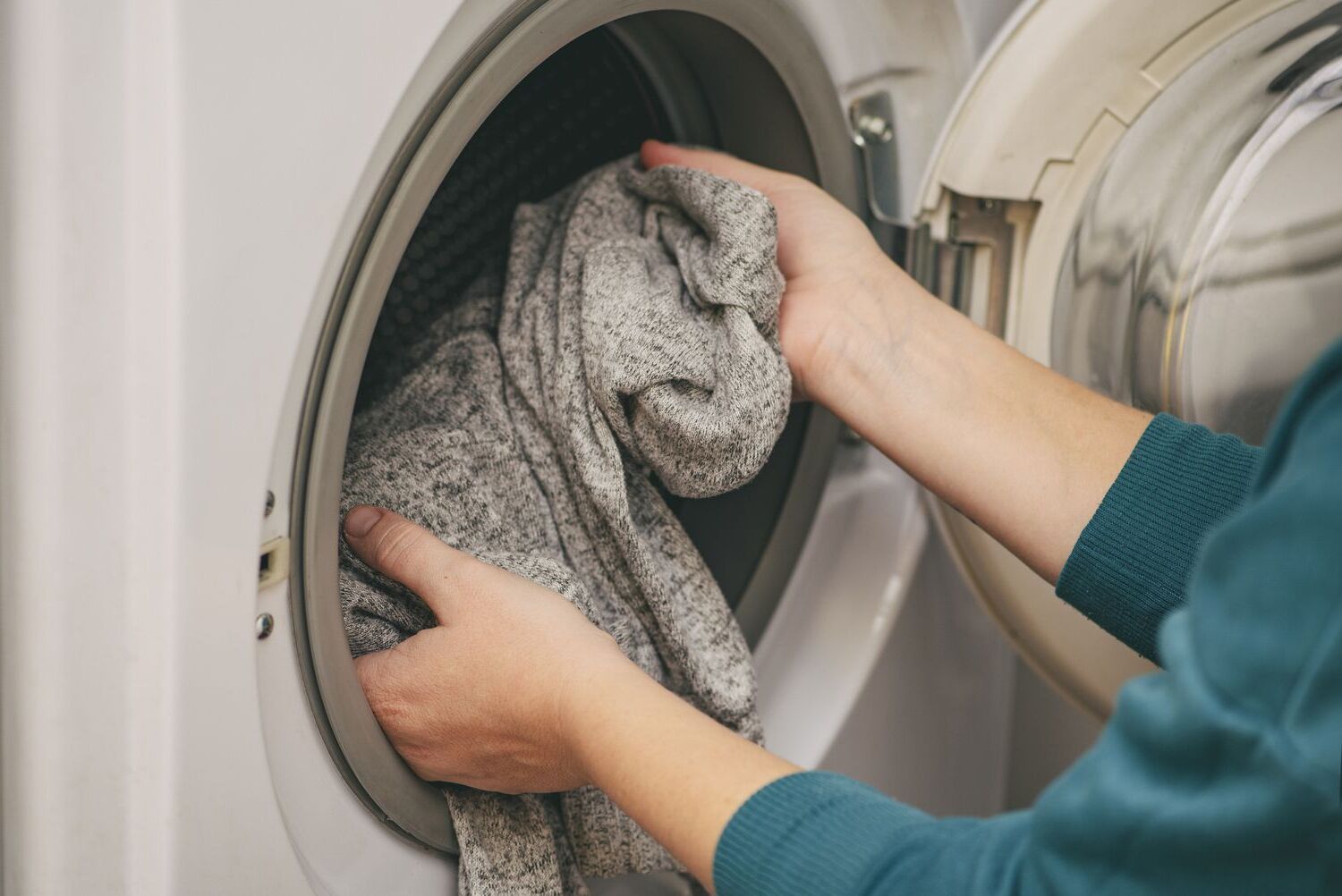
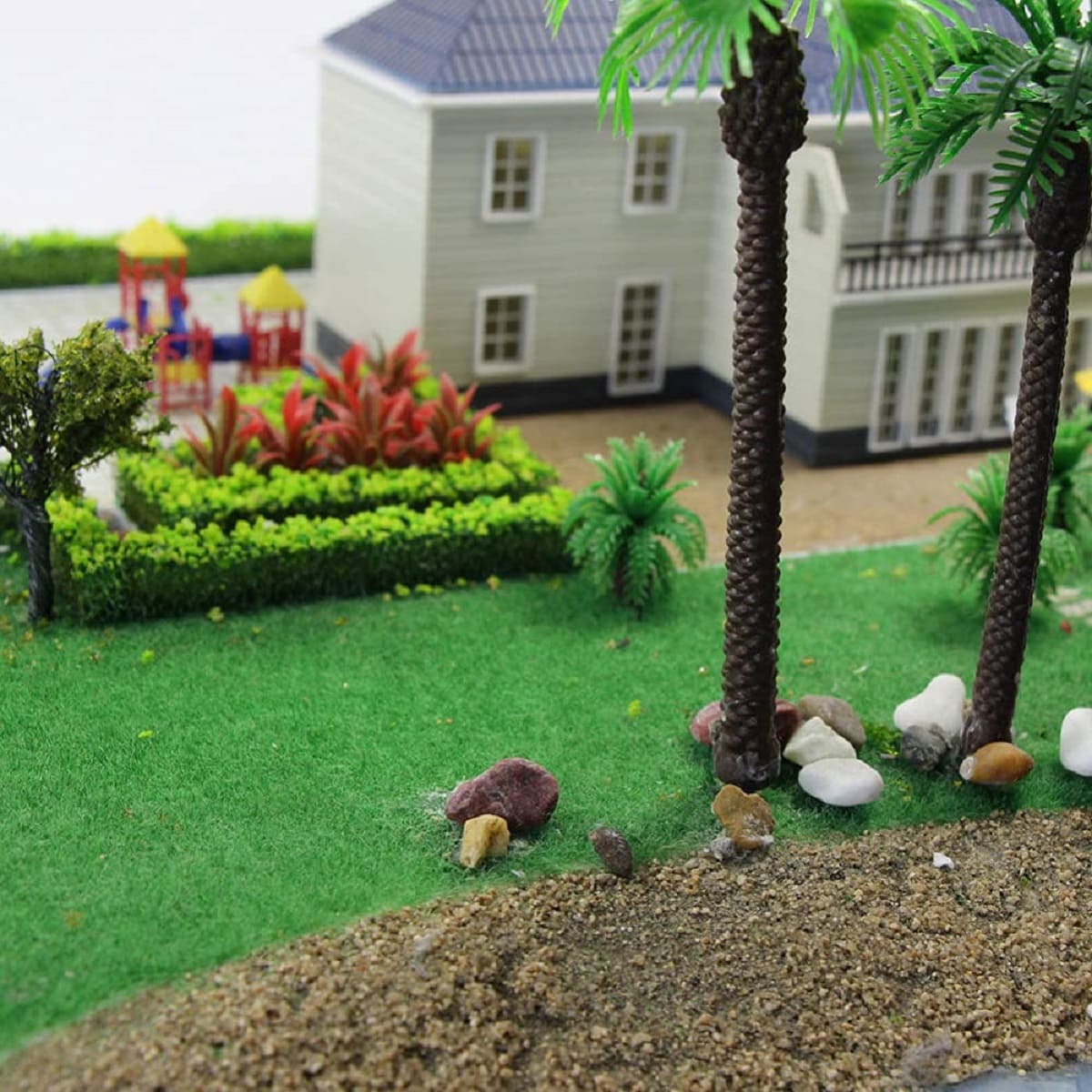
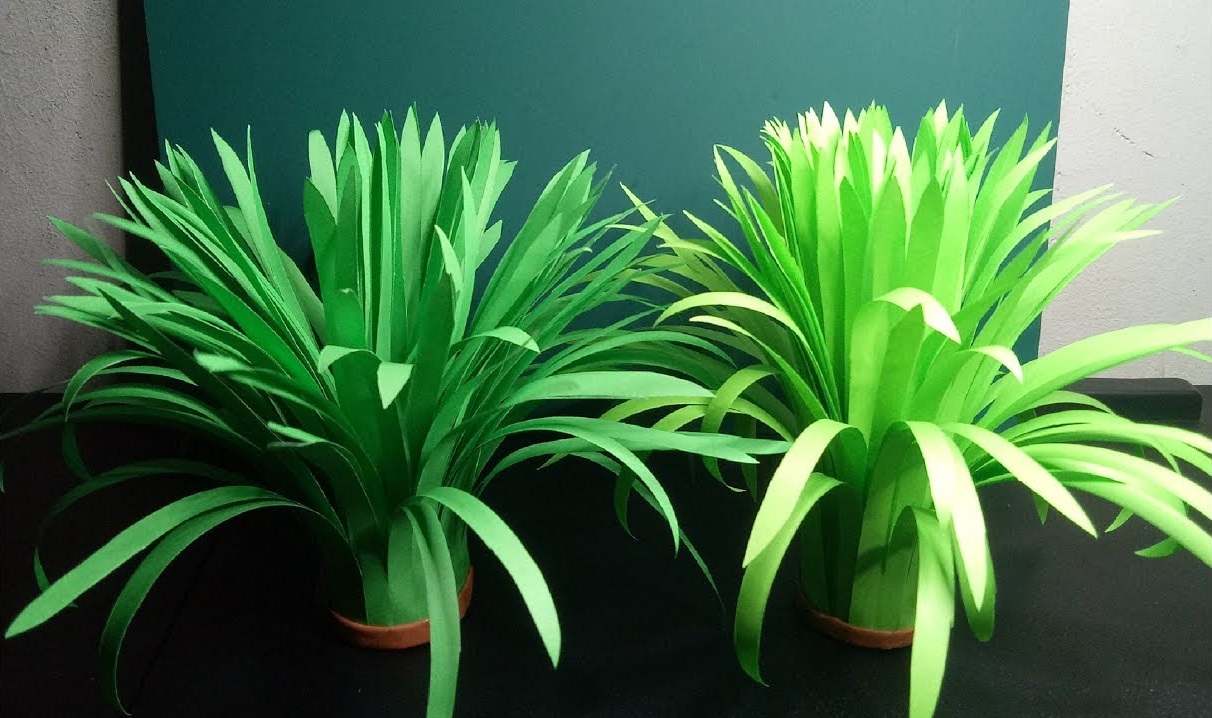

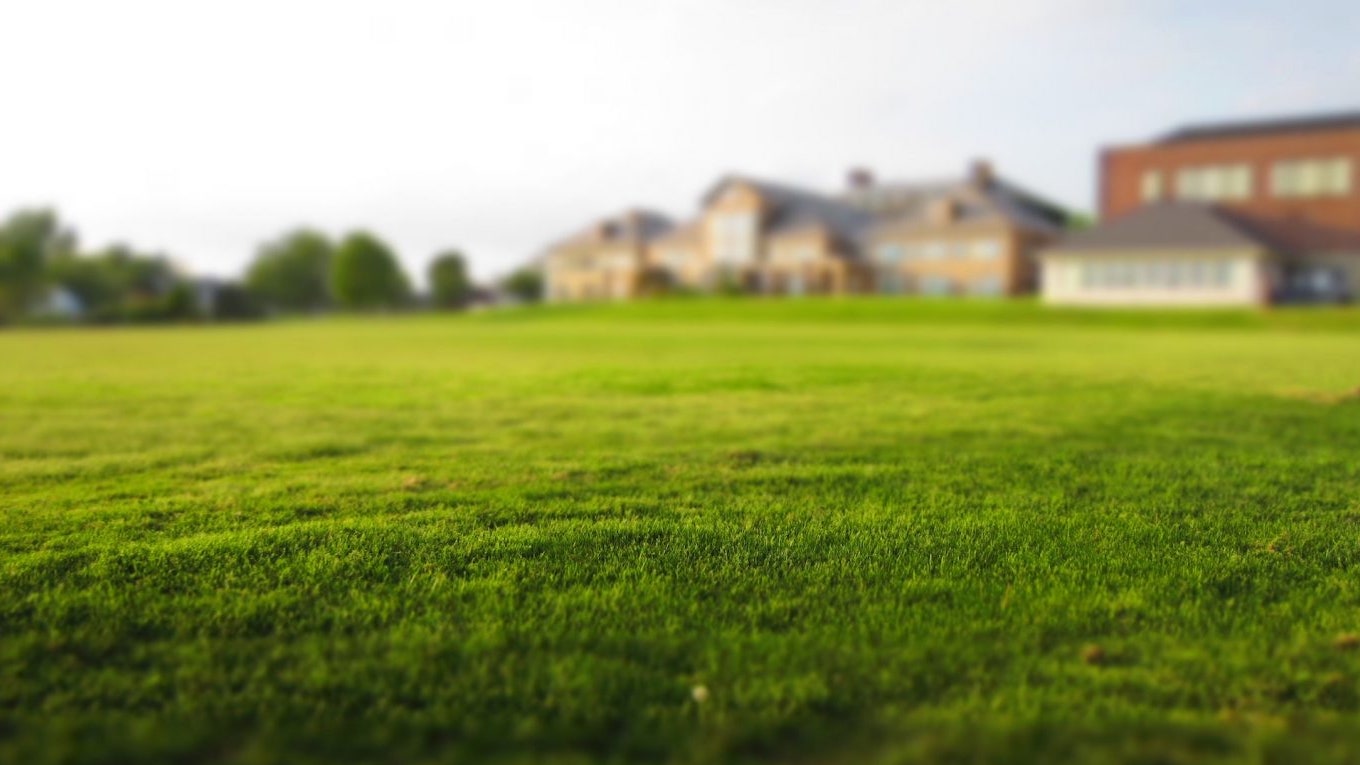
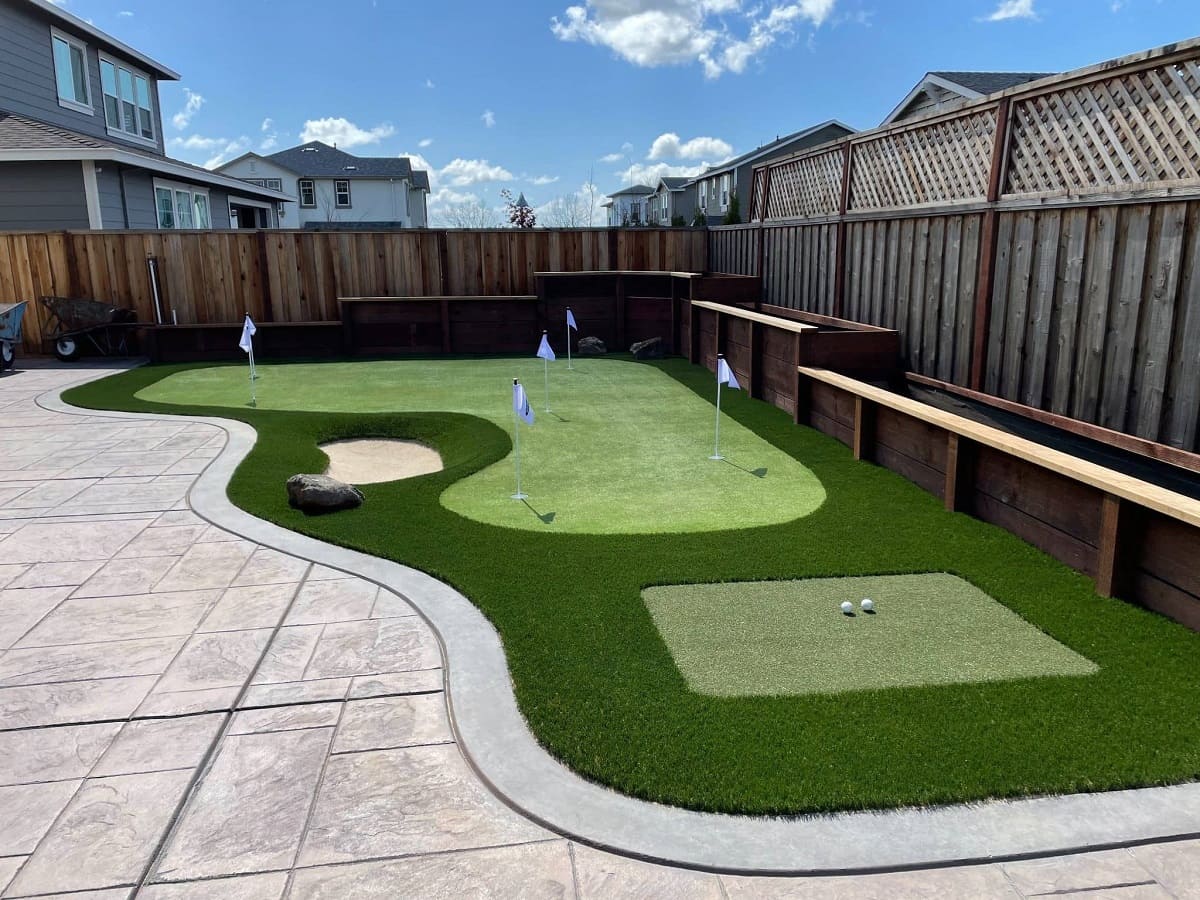


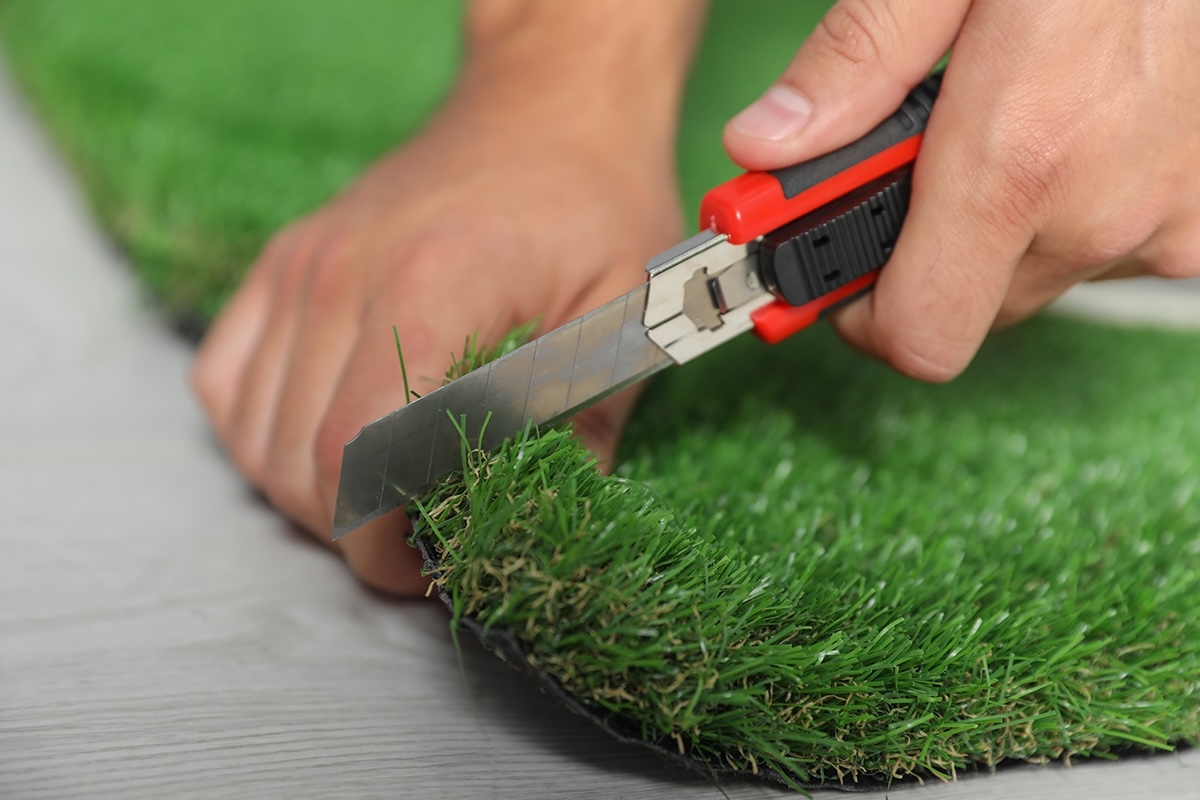
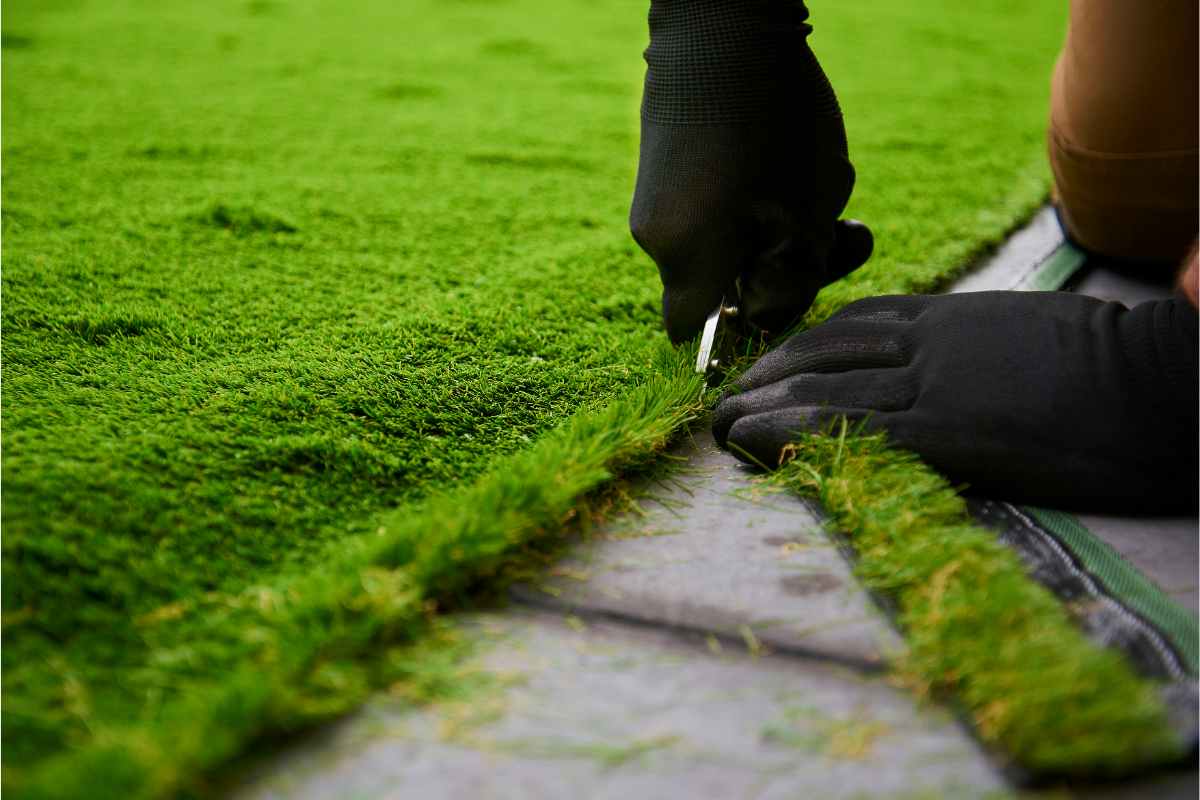
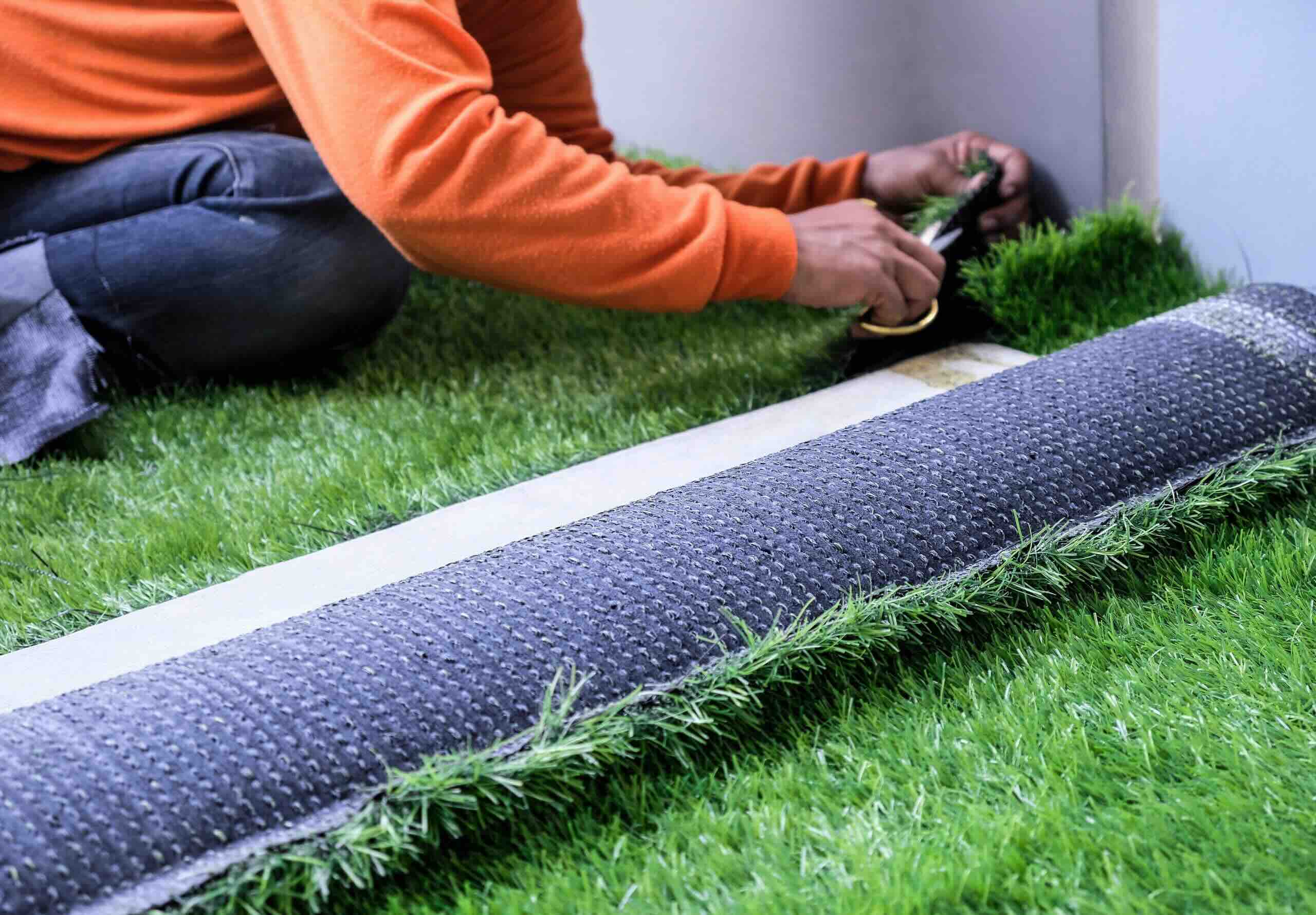
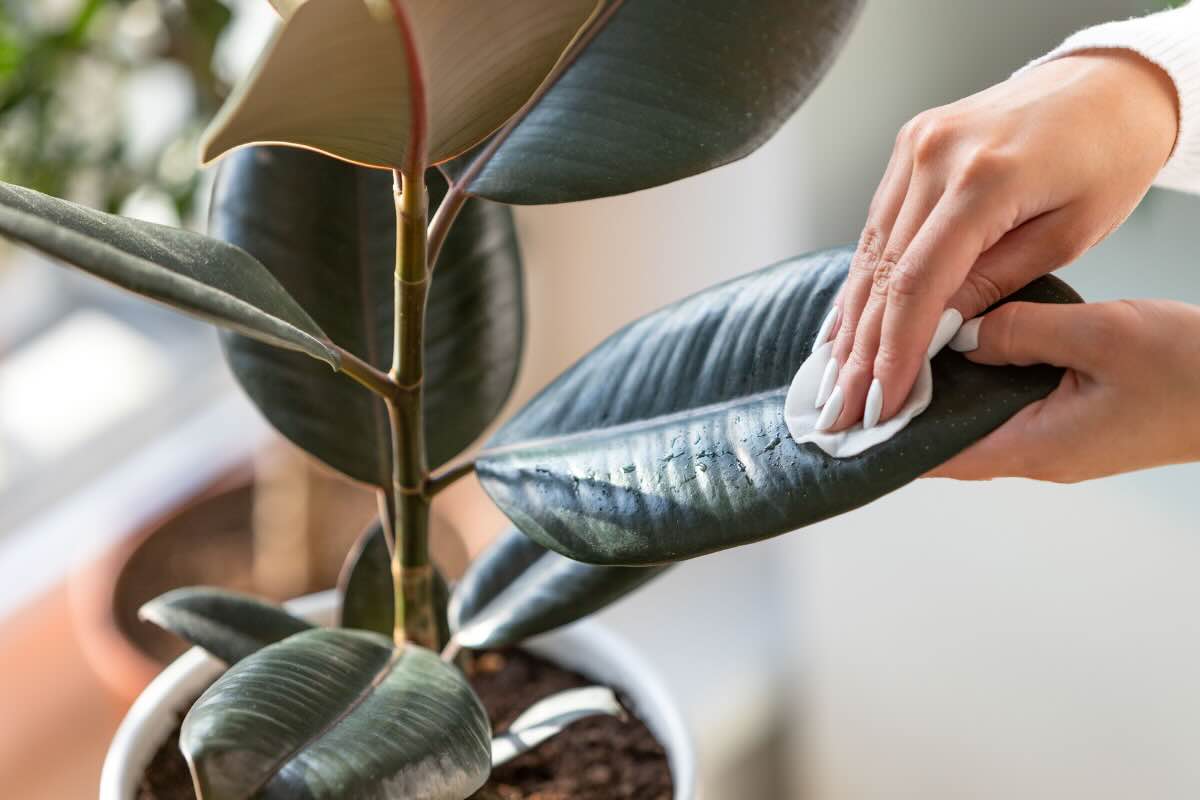

0 thoughts on “How To Make Fake Grass Smell Better”